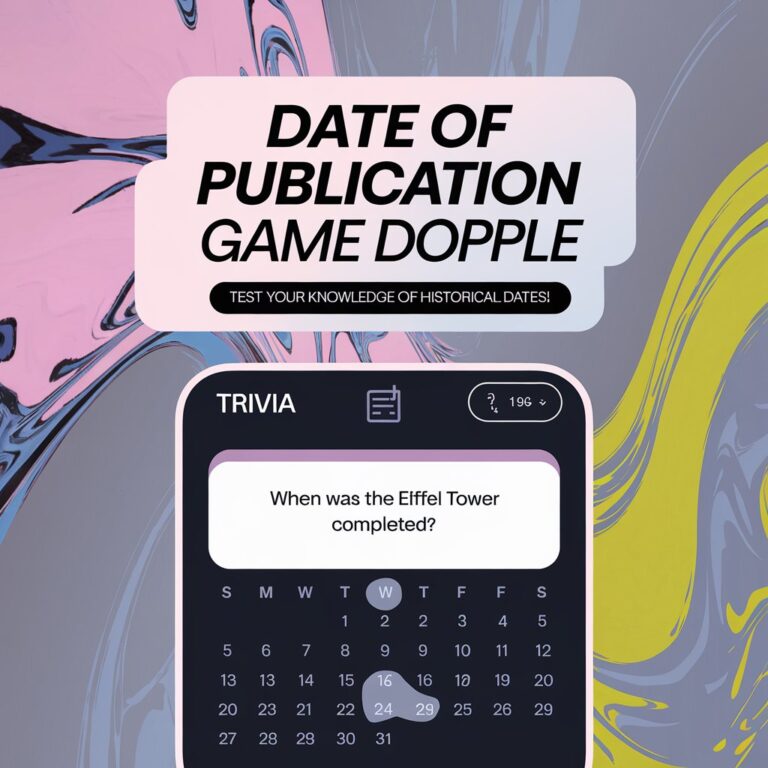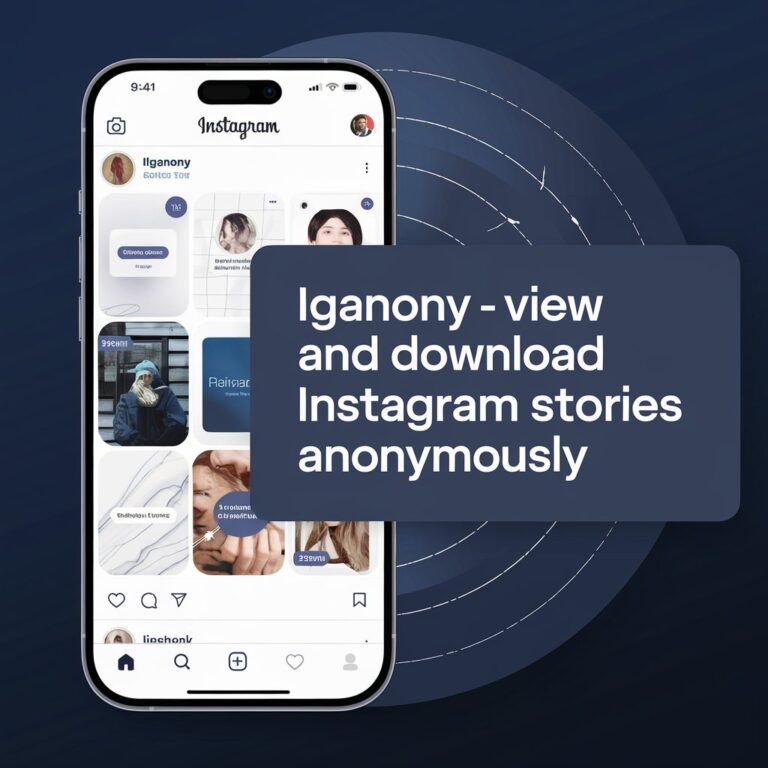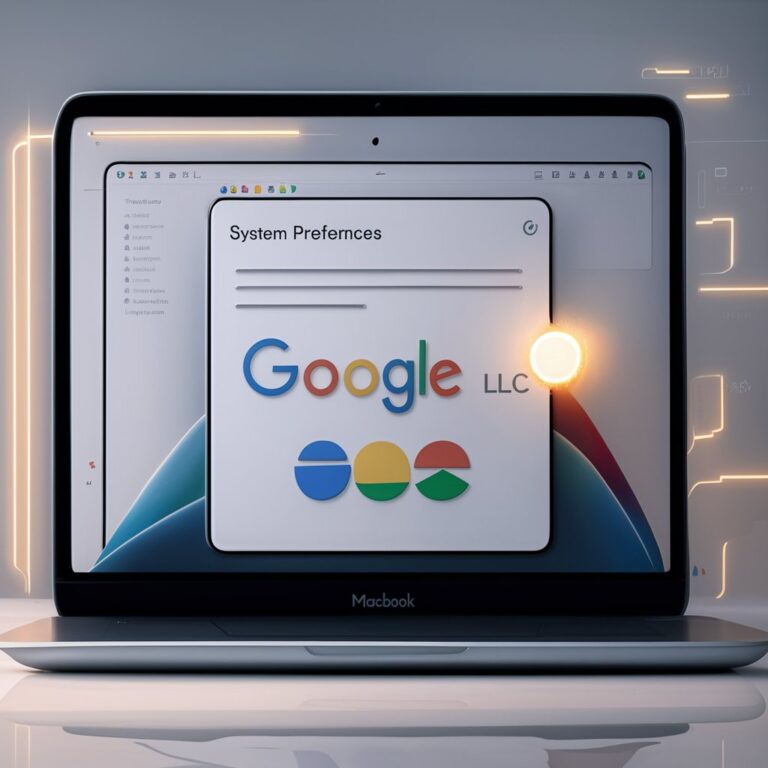Understanding 1-385-428-5522: How to Protect Yourself from Scam Calls and Impersonations
Introduction
In today’s digital world, phone scams have become a growing concern for individuals and businesses alike. One particular phone number that has gained attention for frequent scam reports is 1-385-428-5522. This number has been linked to fraudulent activities, such as impersonations of government officials, tech support, and other deceptive practices.
The phone number 1-385-428-5522 is often reported for scam calls, where the caller impersonates government officials or tech support agents to deceive individuals. These scams typically involve fraudulent requests for personal information or payment.
Whether you’ve already received a call from this number or you’re looking to understand the broader issue of phone scams, this article will help you navigate the world of scam calls. By the end, you’ll have a clearer understanding of what 1-385-428-5522 represents, how to identify such calls, and most importantly, how to protect yourself and your loved ones from falling victim to these schemes.
What Is 1-385-428-5522 and Why Is It Notorious?
The phone number 1-385-428-5522 has been widely reported as part of various scam operations. Victims of these scams often receive unsolicited calls from this number, where the caller pretends to be a legitimate figure, such as a government official or a tech support agent. These calls are designed to deceive recipients into providing sensitive information, like Social Security numbers, bank account details, or even payment for non-existent services.
Scam types linked to this number:
- Impersonation of Government Officials: Some scams involve callers pretending to be from government agencies like the IRS or Social Security Administration. They may claim that the recipient owes taxes or face arrest unless they make an immediate payment.
- Tech Support Scams: Another common scam is tech support fraud. The caller might claim to be from a well-known tech company, such as Microsoft or Apple, informing the person that their computer is infected with malware and urging them to pay for unnecessary repairs or software.
How to Identify a Scam Call from 1-385-428-5522
Scammers are becoming more sophisticated in their tactics. However, there are a few red flags you can watch out for when you receive a call from 1-385-428-5522 or any unknown number:
1. Unsolicited Calls
Legitimate government agencies and reputable companies typically don’t make unsolicited calls. If you weren’t expecting a call from the IRS, Social Security, or tech support, be skeptical of the conversation.
2. Requests for Immediate Payment
One of the most obvious signs of a scam is when the caller demands immediate payment, often through untraceable methods like gift cards, wire transfers, or cryptocurrency.
3. Threatening Language
Scammers often use aggressive language, claiming that you’ll be arrested, sued, or face severe consequences if you don’t act immediately.
4. Lack of Personal Details
If the caller can’t verify your identity or provide specific details (such as your name, address, or account number) when you ask, it’s likely a scam.
5. Too Good to Be True Offers
Sometimes scammers offer unrealistic services or too-good-to-be-true deals. Always be cautious if the caller is offering something that seems unusually beneficial.
Why Are People Targeted by Scams from Numbers like 1-385-428-5522?
There are several reasons why individuals, particularly in the USA, are frequently targeted by scam calls, including those from 1-385-428-5522:
1. Lack of Awareness
Many people still aren’t fully aware of the extent of phone scams, making them more susceptible to such calls. Scammers exploit this lack of knowledge to trick people into providing sensitive information.
2. Trust in Authority
Impersonating government officials or tech support agents works because people tend to trust authority figures. Scammers take advantage of this natural trust by pretending to be legitimate entities.
3. Emotional Manipulation
Scammers often use emotional tactics like fear, urgency, or guilt to pressure individuals into making hasty decisions. For example, they might say that failure to comply will result in legal consequences.
4. Lack of Security Measures
Some individuals are not equipped with proper security measures, such as call blocking apps, or they may not be aware of how to spot a scam when it happens.
What to Do If You Receive a Call from 1-385-428-5522
If you receive a call from 1-385-428-5522, here are the steps you should take to protect yourself:
1. Don’t Answer or Hang Up Immediately
If you don’t recognize the number, avoid answering the call. If you do answer and suspect it’s a scam, hang up immediately.
2. Block the Number
You can block 1-385-428-5522 directly on most smartphones. This will prevent future calls from this number. Additionally, report the number to your carrier or a relevant authority to help them track and potentially shut down the scam operation.
3. Don’t Provide Personal Information
Never share your Social Security number, bank account details, or any other sensitive information over the phone, especially if you didn’t initiate the call.
4. Report the Scam
If you have been targeted by a scam or have received suspicious calls from 1-385-428-5522, it’s important to report it. You can report the call to the Federal Trade Commission (FTC) through their website or by calling 1-877-382-4357. Reporting helps authorities track down scammers and warn others.
How to Protect Yourself from Future Scam Calls
Here are some steps you can take to safeguard yourself from future scam calls:
1. Use Call-Blocking Technology
Install a call-blocking app on your smartphone. Many apps, such as Truecaller, Nomorobo, or Hiya, can block known scam numbers and alert you if a call might be a scam.
2. Sign Up for Do Not Call Lists
Register your phone number with the National Do Not Call Registry. While this won’t stop all calls, it can reduce the volume of unsolicited calls from telemarketers and scammers.
3. Be Cautious of Unknown Numbers
If you receive a call from an unfamiliar number, don’t pick it up right away. Let it go to voicemail and assess whether it’s legitimate. Scammers often avoid leaving messages, so if it’s important, the caller will leave a message.
4. Educate Family and Friends
Share these tips with family members, especially elderly relatives who are often targeted by phone scammers. The more informed you and your loved ones are, the less likely scammers will succeed.
What to Do if You’ve Already Fallen Victim to a Scam
If you’ve already provided personal information or made a payment to scammers from 1-385-428-5522, it’s crucial to take immediate action:
1. Contact Your Bank or Credit Card Company
If you’ve given out bank details or credit card information, notify your bank or credit card company immediately. They can freeze accounts or flag unauthorized transactions.
2. Monitor Your Accounts
Check your bank and credit card statements for any suspicious activity. If you notice any unauthorized transactions, report them to the financial institution as soon as possible.
3. Report to the Authorities
If you’ve lost money or suspect fraud, report the incident to the FTC, the Federal Communications Commission (FCC), and your local law enforcement.
FAQs about 1-385-428-5522 and Phone Scams
Q1: Is 1-385-428-5522 a legitimate number? No, 1-385-428-5522 is frequently associated with scam calls and impersonations of government officials or tech support agents.
Q2: How can I tell if a phone call is a scam? Look for red flags such as unsolicited calls, threats of arrest or legal action, requests for immediate payment, and lack of personal information. If something feels off, it’s best to hang up.
Q3: What should I do if I’ve already given personal information to a scammer? Immediately contact your bank or credit card company, report the incident to the authorities, and monitor your accounts for suspicious activity.
Q4: How can I prevent scam calls? Use call-blocking apps, register for the National Do Not Call Registry, and educate yourself and others on how to identify and avoid phone scams.
Conclusion
Phone scams like those linked to 1-385-428-5522 are increasingly common, but they don’t have to be inevitable. By staying informed, cautious, and proactive, you can protect yourself and your family from falling victim to these deceitful schemes. Remember to report suspicious calls, block potential scammers, and take swift action if you’ve already provided personal information. With the right tools and knowledge, you can significantly reduce the risk of becoming a target of phone fraud.






